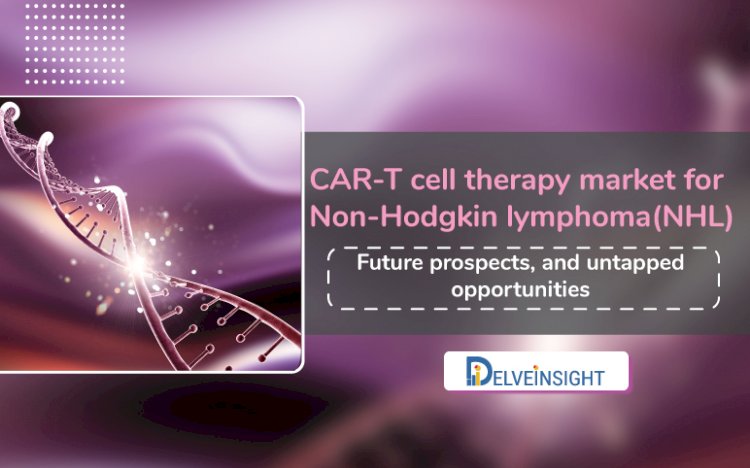Startup focuses tumors with CAR-T; Ab Cellera grabs USD 105M; Gilead inks USD 2B deal; GSK’s anti-BCMA antibody receives a boost
Startup focuses tumors with CAR-T; AbCellera grabs USD 105M; Gilead inks USD 2B deal; GSK’s anti-BCMA antibody receives a boost

CAR-T technology that involves genetically modifying a patient’s immune cells to recognize and target cancer. While the innovation has helped patients with certain malignancies in the blood, progress in solid tumors remains constrained. A CAR-T therapy for advanced brain cancer glioblastoma has been developed by scientists at McMaster University and the University of Toronto. It helped to reduce the tumor burden and improve the survival of mouse models as published in the Cell Stem Cell journal.
The researchers launched a startup known as Empirica Therapeutics which aims to introduce the CAR-T drug into clinical trials in recurrent patients with glioblastoma by 2022. T cells are modified with each CAR-T build to create a particular structure known as a chimeric antigen receptor (CAR), which provides the cells with the ability to recognise a specific protein on cancer cells. The two CAR-Ts approved by the FDA, Novartis' Kymriah and Yescarta's of Gilead Sciences, are moving towards CD19. The CAR-T cell Empirica is developing targets CD133, also known as prominin-1.
Canadian biotech AbCellera has received a significant round of USD 105 million Series B funding as it focuses on improving its antibody research and search for innovative potential COVID-19 medicines. Its supporters are Peter Thiel, founder of PayPal and tech / occasional life science investor, and Eli Lilly, who helped it become a central figure in the pandemic battle.
By collecting a blood sample from one of the first U.S. patients for recovery from the pathogen, the biotech entered the race to develop a vaccine against the SARS-CoV-2 virus. After data was gathered, AbCellera showed 5 million immune cells in search of those that produced the functional antibodies that helped the patient neutralize SARS-CoV-2.
The test recognized about 500 sequences of entirely human antibodies. With the project now heading towards an assessment of the efficacy of the antibodies against SARS-CoV-2, AbCellera has engaged Lilly to keep the program moving forward. Under that arrangement, AbCellera and Lilly would share the initial costs of production. After that, Lilly will acquire and try to get the candidate through growth, production and consultations with regulators as soon as possible.





























